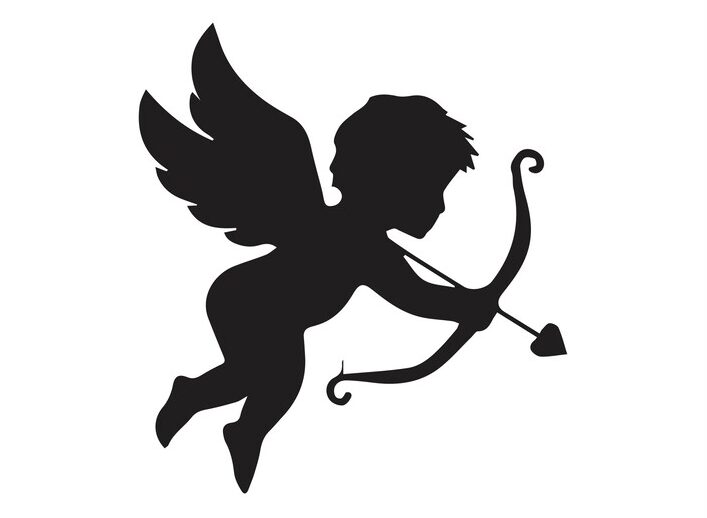Last night, I watched the last 30 minutes of ‘The Way We Were’ in bed before going to sleep. For the cinematically challenged amongst you, the film is the 1973 tearjerker directed by Sydney Pollack and stars Robert Redford as aspiring Waspy writer Hubble who romances the feisty Jewish political firebrand Katie, played by Barbra Streisand – a clash of different cultures and temperaments demonstrating that love can bloom, in unexpected places.
Plot spoiler, it doesn’t work out. (I mean, it is not as if you were going to watch it.) The final scene shows them briefly re-united in Central Park but unable to be together for political/religious/personality and presumably contractual reasons. Babs updates Bob on the daughter he has inexplicably abandoned, they separate into the grey, autumn morning with the laconic farewell:
“See you Katie”
“See you Hubble”
Cue Streisand poignantly singing the Oscar-winning Marvin Hamlisch song which reminds us that “what’s too painful to remember, we simply chose to forget.” I have said that many times, but normally after I have underperformed in a meeting.
What can I say? I am very sentimental and think the world would be a better place with more Audrey Hepburn, Central Park shot in the snow and a catchy theme tune played on a swelling piano. Certainly, better than the reality of 2021.
Is there a purpose to this idle reverie?
The history of romantic love reminds us that the concepts of chivalry in Medieval times were founded on brave knights having to undergo complex challenges to win the hand (sometimes even the whole arm) of the idealised and unattainable lady he pledges to serve till death do them part, normally by decapitation from a stroppy ogre on a wobbly bridge.
Our modern definition of romance is more optimistic. According to the soppy OED it is ‘a feeling of excitement and mystery associate with love…especially when sentimental or idealised’, which could be description of my DVD collection. But why do we not allow this belief in the unlimited potential of opportunity pervade our professional lives? Should our ambitions be more romantic?
Forbes Magazine in an article on Gen Zs explains their ‘expectations in the workplace are values-driven and aligned with their personal morals’. In other words, they are romantics too, albeit of the oat-milk-latte, uber-hailing, uber-woke variety. After all, how exciting to remember the excitement of falling in love when considering the professional impact our next generation can have. I have been lucky enough to spend some time recently with talented entrepreneurs who describe the vision for their start-ups with the zeal of a young lover.
And this is where my unusual predilection also for romcoms also comes in useful. The genre, my specialist subject on Mastermind, has a formula and structure which could also be a foundation for commercial success. This is how works:
1. Meet Cute (boy meets girl in strange fashion when he accidently drives his tractor through girl’s house.)
2. Falling in love (hostility on the grounds of social differences and his criminal record, but after being locked in the broom closet overnight of local Tesco’s, they realise that they both share a passion for ferret rearing, and kiss.)
3. Turning Point (ex-boyfriend appears with the physique and bank balance of Cristiano Ronaldo.)
4. Breakup (despite the mutual ferret interest, she leaves him for the wealthy chiselled ex.)
5. Happy Ending (wealthy chiselled ex turns out to eat ferrets regularly so boy and girl reunite when he declares his love surprising her at the vet saving life of favourite ferret.)
Each of these stages could be true of any business idea. It may arrive accidentally, you will fall in love with its brilliance, something extraneous may derail you from your vision, you may be knocked off course and extremely disappointed, but if you believe in the romance of its crazy potential, you may be able to walk off into the sunset. What romantic tropes teach us is that happiness comes from the juxtaposition of hope and despair. Read any history of a start-up and you’ll her of the co-existence of both these emotions throughout its evolution.
If you think this analogy is getting strained, Paul Graham, founder of the Start-Up incubator Y Combinator, famously created the ‘Start-up Curve’ with tech versions of these stages, including moving from the ‘trough of sorrow’ (when the initial excitement wears off) through the ‘wiggle of false hope’ to arrival in ‘the promised land’. That describes most relationships, both professional and personal. Well, perhaps not Elon Musk’s.
Growing a busines can be like falling in love. The point is how you maintain romantic idealism at the heart of all decisions you make. Woody Allen in ‘Annie Hall’ (still my favourite romcom which I know is unfashionable) describes his failing relationship with Diane Keaton as ‘‘like a shark…it has to constantly move forward, or it dies. And I think what we have here is a dead shark’’.
So, if you are about to start out with a new idea, or you are growing weary with the one you had some time ago, be prepared to light the candles and turn on the soft music and celebrate what has made you fall in love with it in the first place. Self-belief, passion and hope for the future. Inspiring leaders tend to be those that never stop seeing endless future possibilities, irrespective of the obstacles.
I have hopefully described the hormonal thrill of ambition in my book “The Curious Rise of Alex Lazarus’ which is about the start-up journey and is still remarkably available at Amazon.co.uk despite my romantic day-dreaming that it will sell out. It’s a better gift to the one you love than a bunch of flowers, let me tell you.



